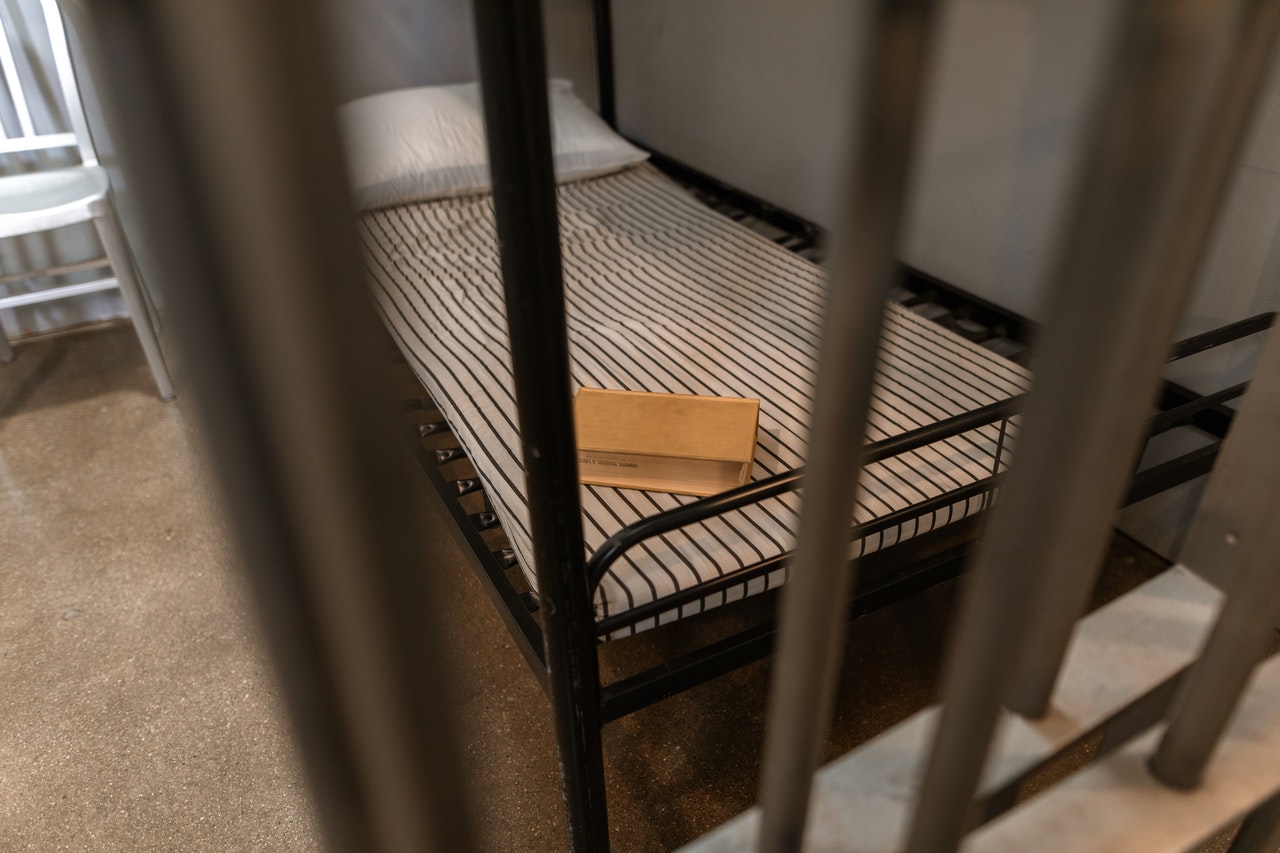
25 Feb How Does Parole Work for Arizona State Prisoners?
People serving time in prison for committing a crime may be eligible for parole under certain circumstances. Parole provides inmates an opportunity to finish their sentences outside of prison. However, to stay on parole, they must abide by a specific set of conditions and rules. If not, they will find themselves back in jail. Let’s take a closer look at the parole guidelines in Arizona and how parole works.
What types of parole does Arizona have?
The state of Arizona offers four types of parole through the Arizona Department of Corrections, Rehabilitation, and Reentry.
1: Regular Parole
In Arizona, ARS 41-1604.09 regulates this type of parole. Regular parole allows for the supervised release of an inmate who has already completed one-half or two-thirds of their prison sentence. Inmates who have completed a mandatory minimum amount of their sentence may also be eligible for regular parole.
2: Emergency Parole
Arizona statute ARS 41-1604.11 oversees emergency parole. Under emergency parole, non-dangerous, first-time offenders convicted of Class 4, 5, or 6 felonies may receive parole to help relieve overcrowding of jails.
3: Commutation of Sentence
ARS 31-443 and ARS 13-603 L cover this type of parole. Under certain circumstances, an inmate may receive a commutation of their sentence through the Board of Executive Clemency and Arizona State Governor. Commutation is not a pardon—it does not remove the charges. However, it can reduce the prison sentence.
4: Absolute Discharge
Under Arizona statutes 41-1604.09 D and ARS 31-414, absolute discharge ends an inmate’s sentence. Absolute discharge comes from the Board of Executive Clemency and provides a full, unsupervised release.
What are the typical conditions of parole?
It’s important to remember parole comes with specific rules to follow. If you break any of those rules, you may find yourself back into prison to finish out your sentence.
Common terms of Arizona parole normally include:
- Regular check-ins with a parole officer
- Community service
- Passing regular drug tests
- Participating in any court-ordered counseling or treatment programs
- Paying restitution to victims
- Not taking part in any potential criminal activity, including engaging with known criminal associates
Parole guidelines in Arizona also state that parolees must pay a supervision fee of $65 for each month they are on parole.
What happens if I violate Arizona’s parole rules?
A law officer will arrest parolees who breach any conditions of their parole. They are held until the Arizona Board of Executive Clemency calls a parole revocation hearing. Parolees who violate the conditions of their parole may be sent back to prison to finish out their sentences.
A judge may reinstate parole with more restrictive terms and additional supervision. If a judge tries and convicts a parolee of a new crime committed while on parole, the parolee will be sent back to prison. In addition to finishing out their old sentence, the defendant will face sentencing for the new crime.
Understanding Parole Guidelines in Arizona
As a certified criminal law specialist in Arizona for over 25 years, Todd Coolidge fully understands Arizona parole rules. He works hard to help his clients receive parole opportunities, and works even harder to ensure they know what to do to stay out of prison. If you or a loved one need assistance becoming eligible for parole, contact the law offices of Todd Coolidge at 480-264-5111 in Chandler or at 602-795-0770 in Phoenix.
Images used under creative commons license – commercial use (2/25/22). Photo by RODNAE Productions from Pexels




